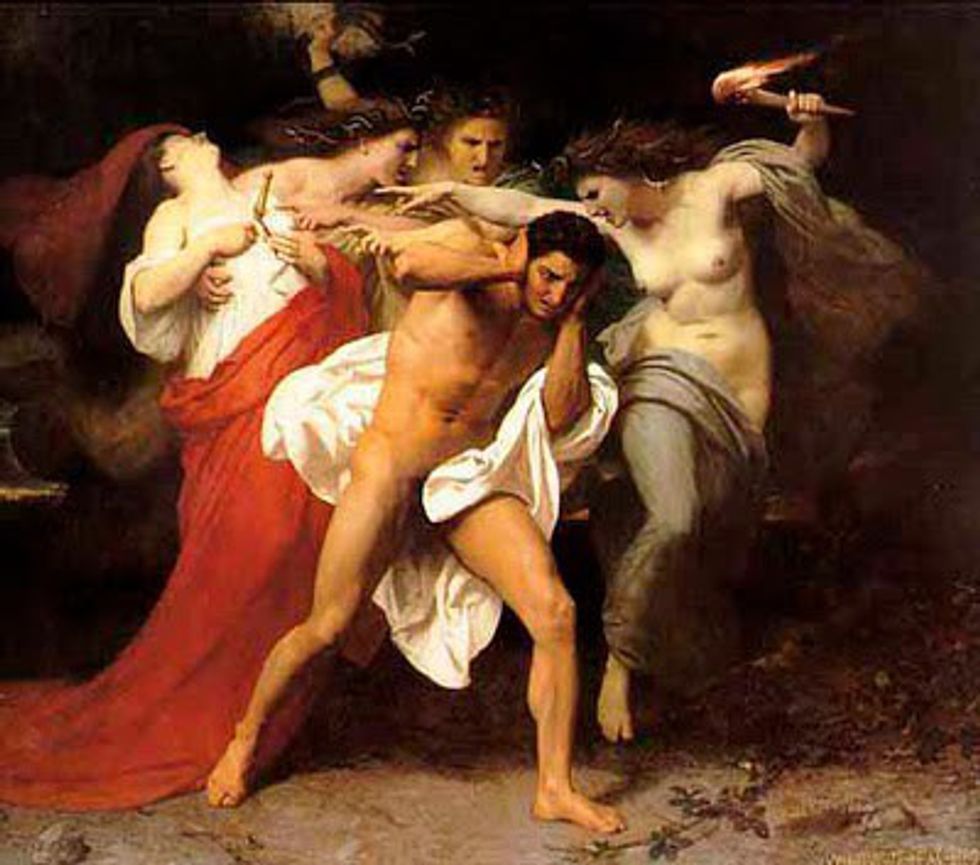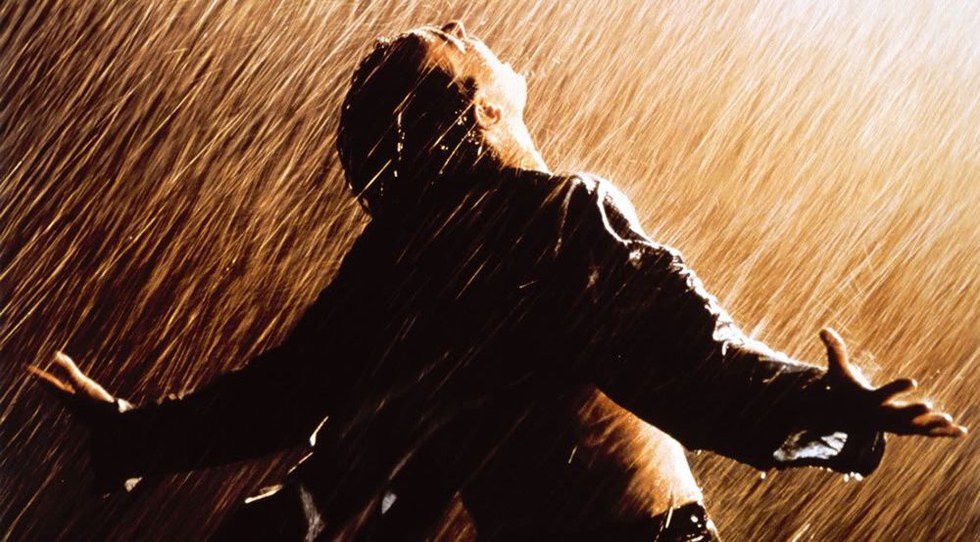Be it Titanic, Star Wars, Romeo & Juliet, or Breaking Bad... popular culture is obsessed with tragic heroes and stories since the time of Ancient Greece. The formula is very simple, the hero is someone who is in a high position, has human characteristics (and flaws), and ends the story with a swift fall from heaven that leads to death or a much lower position in society. But why is it that we love these stories that can be so sad and dreary? Greek philosopher Aristotle explains exactly why with an odd term known as Catharsis in his book "Poetics". To begin understanding Catharsis let's examine the famous Greek tragedy known as Oedipus Rex.
Oedipus Rex is the tale of a boy raised by adopted parents that sees an oracle who prophesizes that he will murder his father and marry his mother. Angered by such a disturbing statement, Oedipus sets out to prove the oracle wrong. On the trail to Thebes he murders a man because out of rage and ends up freeing the people of Thebes by outwitting the Sphinx with a riddle and freeing the people of the city. He then marries the widowed queen and rules the city as king. When Oedipus realizes it was his father he killed on the trail and his mother the queen he married, he gouges out his eyes and exiles himself to the forest. Today many people would find the play to be too depressing or sad but at the time of it's release in Ancient Greece it was a smash hit. What Aristotle observed from the patrons of such tragedies was how happy the individuals actually left the amphitheater rather than feeling distraught. He recognized that the audiences felt two emotions during the tragedy: intense fear and pity.
The viewers felt fear because the tragic hero was relatable. While it is extremely unlikely for the average person to murder their father and marry their mother, Oedipus faced his downfall because of his hubris or pride. He wanted to change the fate laid before him and felt that he could control his destiny. Another example is Shakespeare's Macbeth whose ambition leads to his murder. Many of us have that same kind of pride or ambition in us when we feel that the sky is the limit or that our actions have no consequences. Tragedies remind their audience that they too could face such unexpected misfortune.
Pity is felt for almost the same reasons as fear. The hero faces his or her demise because of human flaws and that can invoke empathy from the audience. The events that transpire for the hero are so unfortunate that audiences can only feel pity for the now crippled Oedipus who went from king to blind hermit within a short period of time. Breaking Bad is another great example of pity for the hero. Even after Walter White has murdered countless people, alienated his family, and created an empire off of crystal meth the viewer still feels pity for Mr.White at the end. He was only a man who wanted to help his family pay for his cancer treatment who became consumed by his own pride. Empathy and genuine sorrow for the hero are marks of a great tragedy.
With pity and fear combined, Aristotle states that audiences encounter a feeling of catharsis: a purging of emotion due to the intense responses to the tragedy. In other words, we are relieved after witnessing the tragedy. Our feelings of fear and pity subside and we learn something from the tale. This is what Aristotle proclaimed to be a cathartic experience and it's the reason why we have an odd affinity for these doomed protagonists.
Today many argue as to exactly why catharsis occurs. One explanation is that the extreme emotional response caused by the tragedy actually releases suppressed emotions. Another explanation is that the tragedies take us out of our misfortunes. Or tragedies might just make our everyday problems seem minuscule in comparison which provides a great sense of relief. Failing your calculus exam doesn't seem as bad as murdering your father and marrying your mother. While we may never know what causes catharsis, popular culture will continue to have a strange adoration for the gloomy tragedy.













































